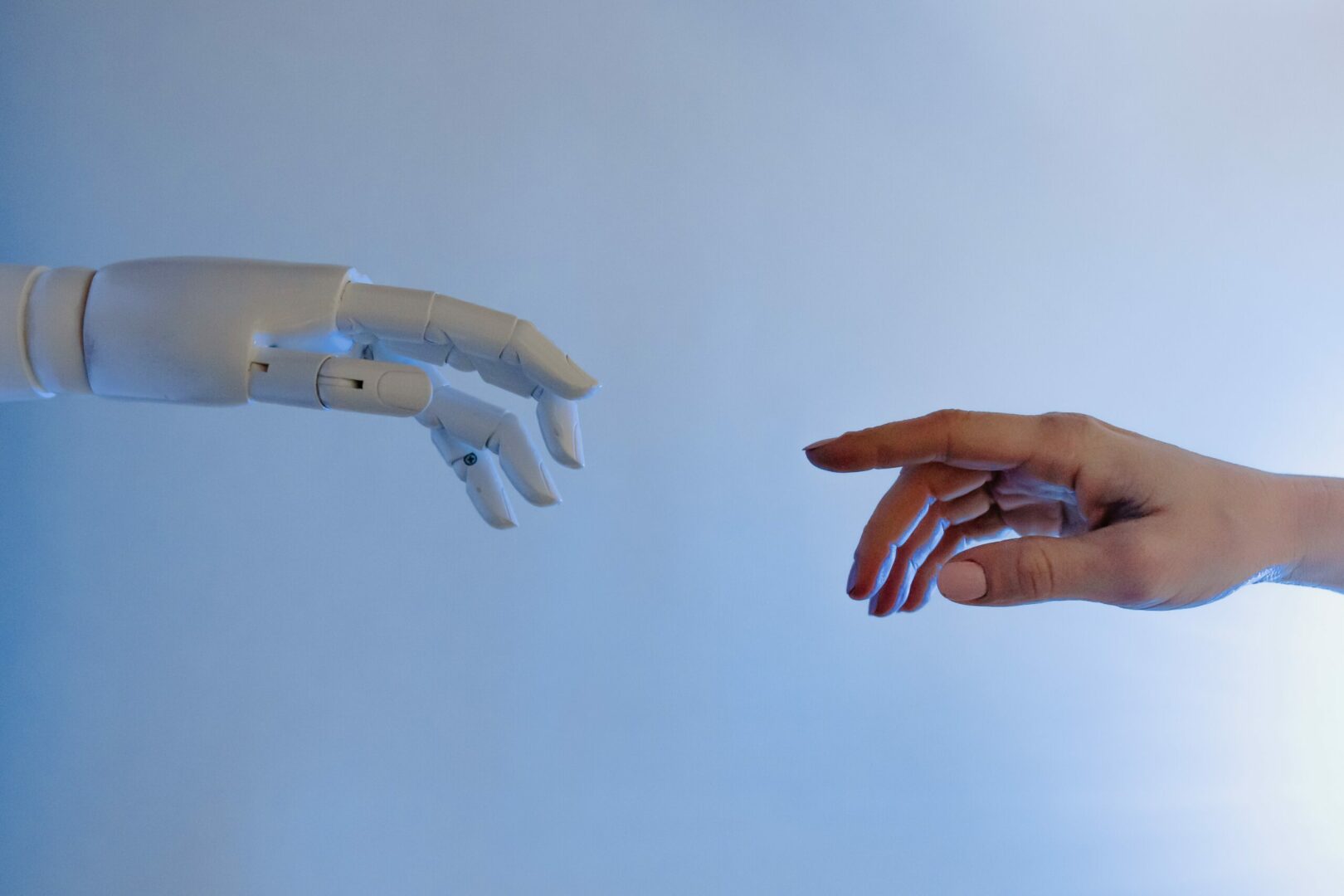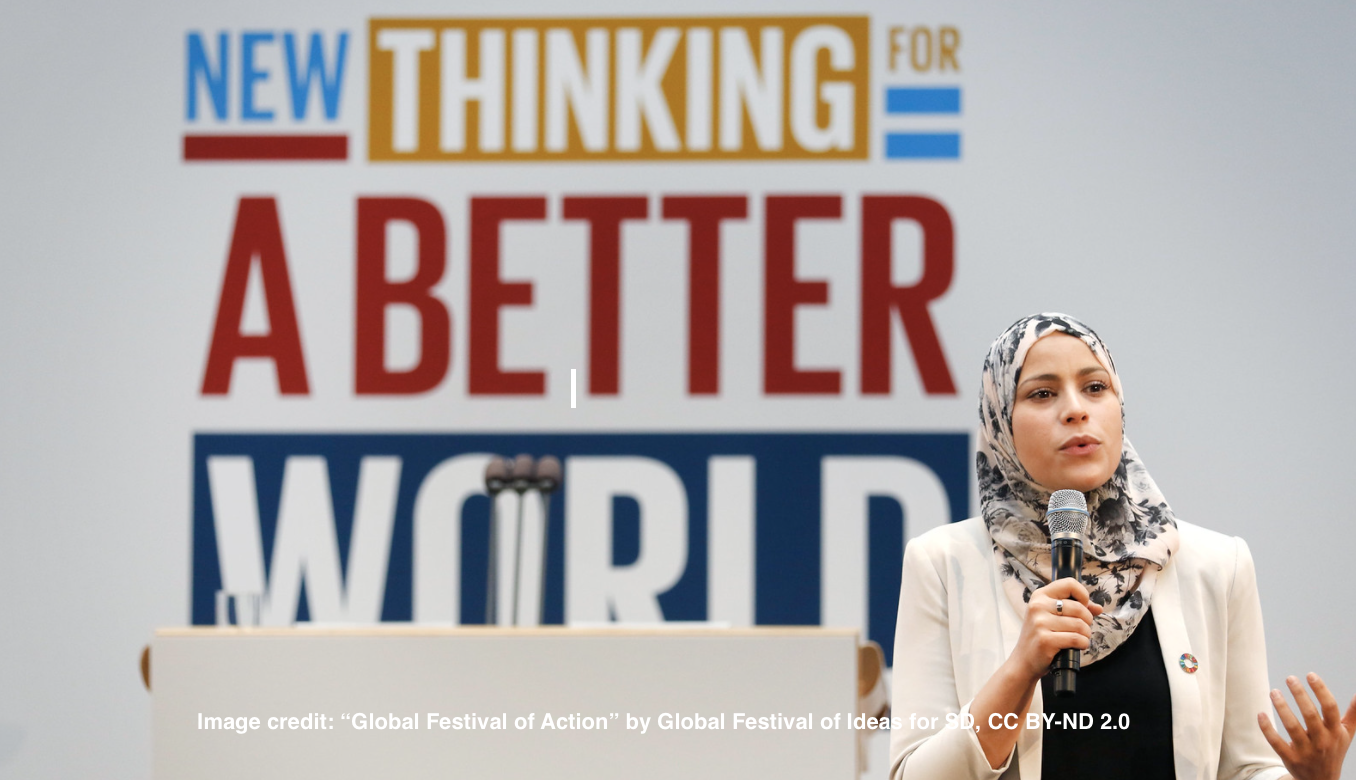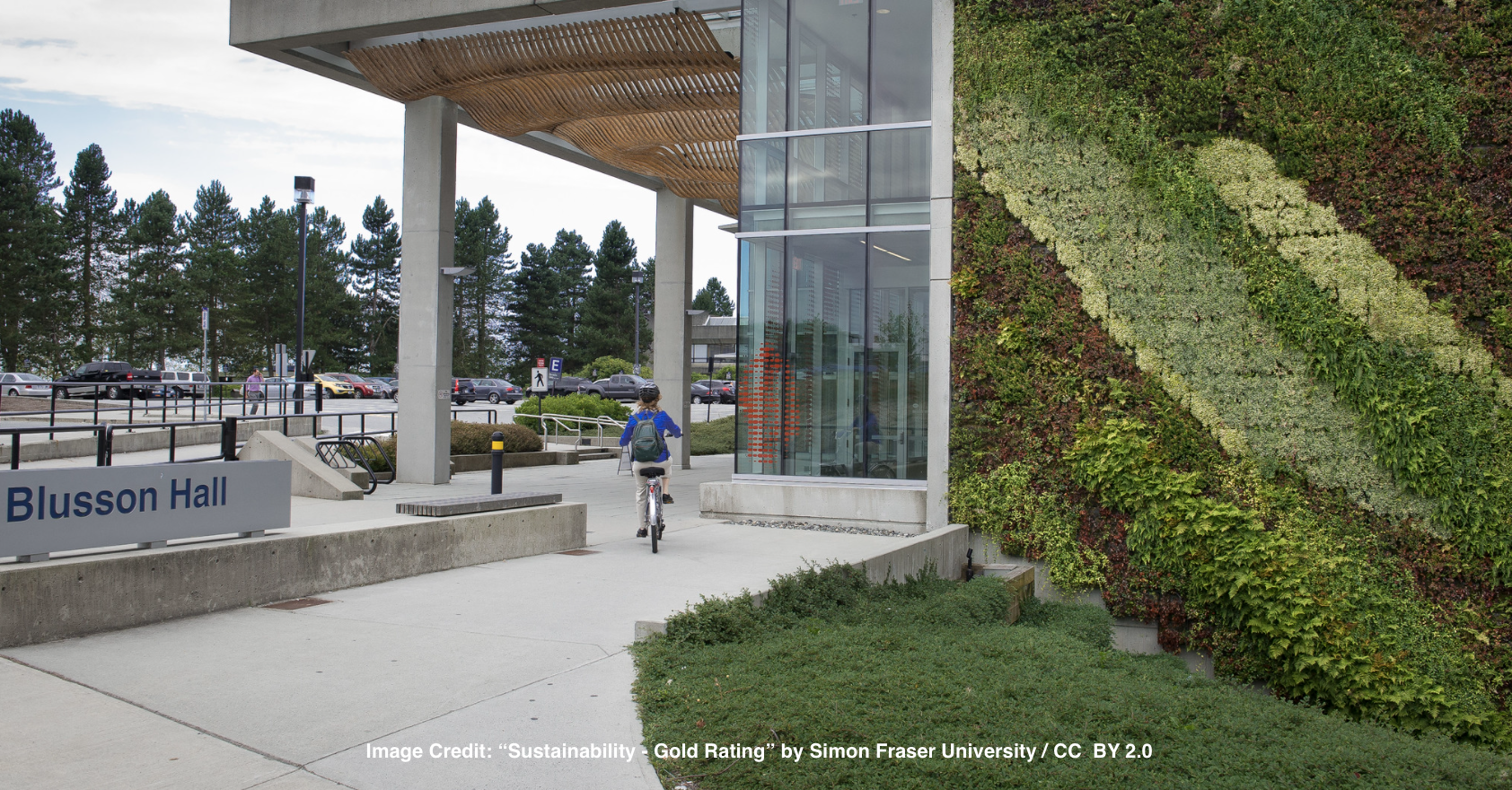Reimagining education in the age of the artificial
See the special report on AI and higher education by University World News. Reimagining education in the age of the artificial Patrick Blessinger and Abhilasha Singh Ever since humans learned to speak, formed social communities, and invented written language, they have gradually decoupled themselves, link by link, from the evolutionary shackles of natural selection and survival of the fittest restraints. Over the past several thousand years, humans have also been decoupling themselves from the restraints placed on them by authoritarian regimes. This latter condition has proven equally difficult but with knowledge comes awareness and with awareness comes the desire for freedom and self-determination. One of the chief outcomes of this two-pronged decoupling process is that humans are now able, to a large degree, to adjust the environment to fit their needs rather than merely adapting to the whims and conditions of the environment. Perhaps the most significant event that shifted [...]







